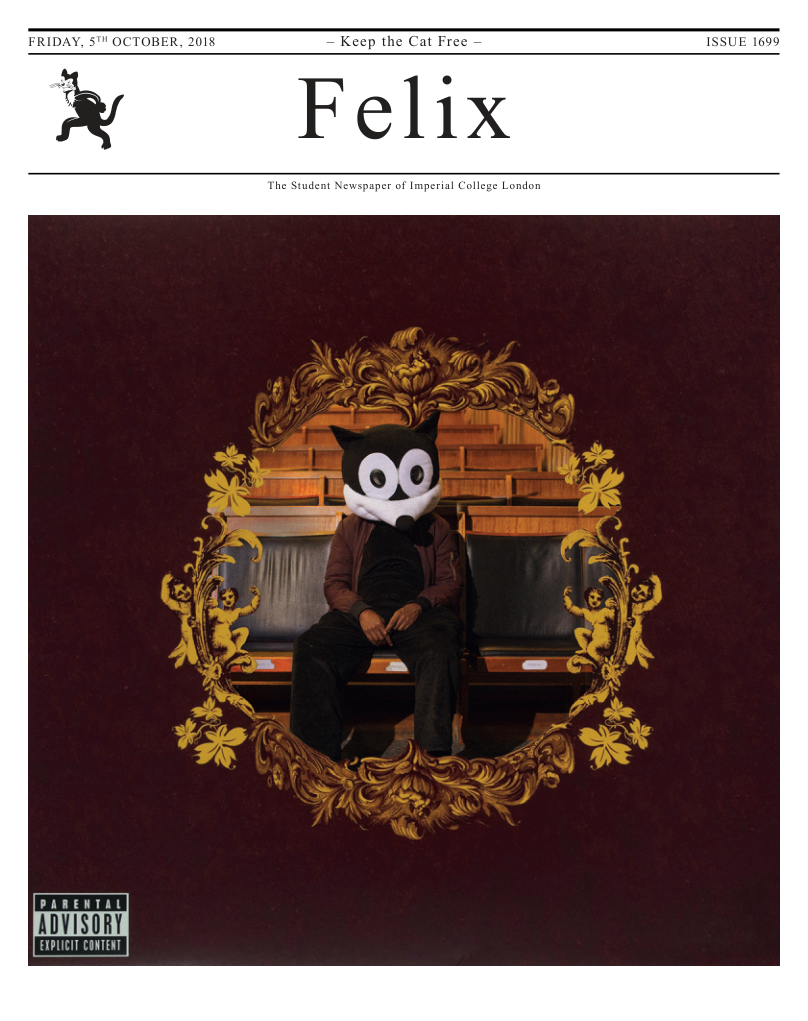Ashes to Ashes, Dust to Dust
Milly Thomas’ one-woman show is a visceral take on suicide, depression and the people left behind. It’s no wonder that this Edinburgh Fringe 2017 hit has transferred to London yet again.

Her sadness has become unbearable, so Alice decides to end it. She takes her own life. But this isn’t where her story ends. We encounter Alice on the morgue slab, in her first moments of ‘death’ as she realises she is still here, a ghost, watching her body and the people she has left behind. This is the concept of Dust – a one-woman play, written and performed by Milly Thomas, in a stark, stripped back, bare-bones production that has transferred to London following an award-winning run at Edinburgh Fringe in 2017.
Alice watches her family come to see her in the morgue and, eventually, the reverberating effects of her death on her parents, brother, boyfriend and best friend, Ellie. This is interspersed with key moments from Alice’s life: the day she started contemplating death, the day Ellie tearfully pleads with her to move back in with her parents for her own good. We’re taken on a tour of moments that help us understand the life Alice was living prior to death, and how depression had impacted her. Despite this, there isn’t an ‘origin story’ for her depression, no abuse or trauma that explains the source of her problems. This is one of the best aspects of the writing in Dust. It rings true to the reality of depression as something often inexplicable. Thomas keeps the focus clearly on the effects of depression, rather than searching for some elusive cause.
Alice is witty and sharp, switching between funny one-liners and stark emotional commentary. She’s frank, talking about her body, her desires, with an openness that borders on the vulgar. It’s clear that Thomas is as skilled a writer as she is a performer. This doesn’t mean that Alice is likeable, though, far from it. At her funeral her brother Robbie describes her as “selfish”, “self-absorbed”, “the kind of person who puts empty containers back in the fridge”. This is perhaps one of the most insightful parts of the play and one where it truly hits home that Thomas has drawn from real, lived experiences; the unpleasant truth is that this is what mental illness can and will do – bring out the worst in someone, the selfish, the self-obsessed, the destroyer of relationships. Alice is also immature. From the context it’s clear she’s a woman in her 20s, with university well behind. But her fascination with sex and her immature attitude to her boyfriend seems almost adolescent. It’s hard to tell if this is a flaw – the shock value of a woman obsessed with sex and bodies, who talks about it in the frankest of terms. Or is it a symptom of Alice’s depression, a previously vibrant and sexual woman who is now incapable of thinking of bodies in a way that is not cerebral, dominated by a morbid fascination with the most visceral aspects of human existence. Thomas’ writing doesn’t really make this clear and that’s a pity as it is really the one thing in Dust that is occasionally jarring.
Milly Thomas is fantastic, as Alice and as everyone around her. She transitions seamlessly between characters, somehow capturing the individual essence of each one through tone of voice or posture. There are moments when it becomes confusing and a little unclear who is speaking, but surprisingly this doesn’t detract from the play. It just makes the moments and the characters bleed into each other in a way that puts us closer to Alice’s state of mind. Thomas is a master of accents and is faultless as Ellie, Alice’s Scottish best friend.
The production is flawless. The intimate space of Trafalgar Studios’ Studio Two is perfect for Dust. The audience are mere feet from the action and it all feels so close and so visceral. This is perfect for the subject matter, and for the nature of the play as a one-woman entity. You’re so close to the action that there’s no way to hide, to step away from its emotional impact. And you don’t want to. Dust isn’t a play that wants you to watch it, it’s one that demands you give yourself over and experience it whole. Anne Reid’s set is simple: a stainless steel morgue table, mirrors, and Thomas, dressed only in a bodysuit, her hair pulled back in a tight ponytail. It’s hard to overstate the impact of this pared down set. It enhances the intensity of Thomas’ performance, and gives her the full attention of the audience.
As Thomas states in her closing speech to the audience, we are living in an epidemic of mental illness, with suicide, in particular, impacting more young people than ever before. Dust is both illustration and commentary of this and is certainly a must-watch, and not just for those who have suffered the effects of mental illness, or those eager to help struggling friends; no, it is essential viewing in order to grasp part of our current cultural climate. An emotional ride, yes, but one that’s very much worth taking.









